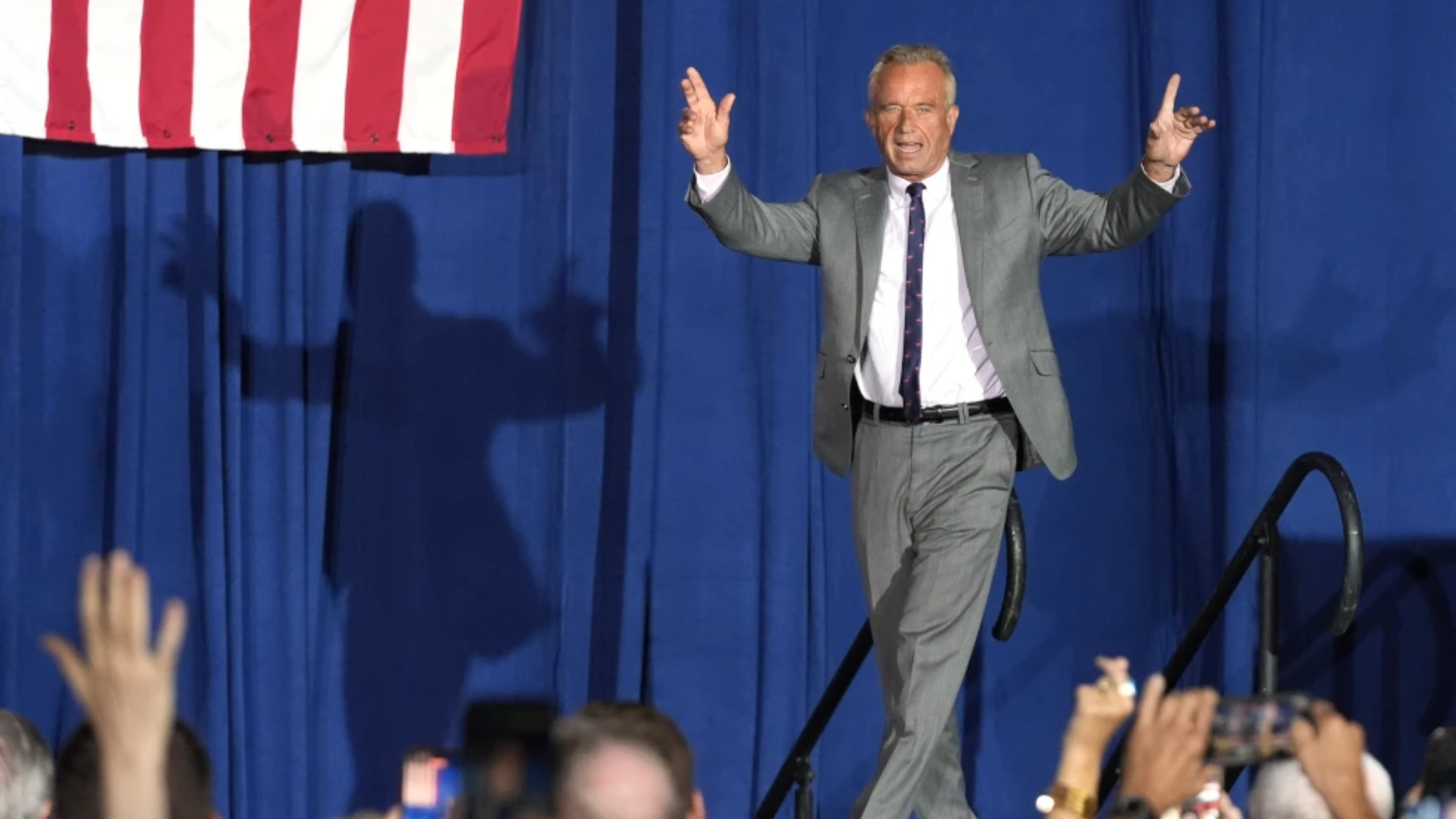INTERVIEW: ROBERT COSTA – National political reporter, Washington Post – recapped the speeches and reaction to the GOP presidential candidates at the Iowa Freedom Summit this weekend.
Palin says she’s ‘seriously interested’ in 2016 campaign
By Robert Costa January 24
DES MOINES — Former Alaska governor Sarah Palin told The Washington Post in an interview Friday that she is “seriously interested” in running for the White House in 2016.
“You can absolutely say that I am seriously interested,” Palin said, when asked to clarify her thinking about a possible presidential bid.
Palin, the GOP’s 2008 vice-presidential nominee, said she stood by comments she made Thursday in Las Vegas to ABC News, where she first expressed enthusiasm about potentially competing for the Republican presidential nomination.
“I am. As I said yesterday, I’m really interested in the opportunity to serve at some point,” Palin said Friday, as former Pennsylvania senator Rick Santorum, a potential 2016 rival, looked on.
Read more at The Washington Post.
========================================================================
GOP presidential candidates face delicate balancing act
By Dan Balz and Robert Costa January 24
DES MOINES — The most wide-open Republican presidential nomination campaign in memory had its unofficial opening here on Saturday at a gathering that highlighted anew the thorny path ahead for candidates as they try to attract support from the party’s conservative base without compromising their hopes of winning a general election.
In the coming months, the large field of candidates will feel a strong gravitational pull to the right by activists in a party that has become more conservative over the past eight years. That the first major conclave of prospective candidates came here at an event hosted by Rep. Steve King (R-Iowa), one of the party’s most outspoken voices on immigration and other issues, only served to underscore the potential risks ahead.
The lessons of Mitt Romney’s ultimately unsuccessful campaign of 2012 are still fresh in the minds of candidates and strategists. In an effort to demonstrate his bona fides to the right — at one point he described himself as “severely conservative” — Romney took positions on immigration and taxes that dogged him throughout the fall 2012 campaign.
Avoiding those kinds of mistakes will be at the top of nearly every candidate’s handbook for running. But with a field of candidates that could approach a dozen or more, and with competition fierce to find at least a slice of the party electorate upon which to build a campaign foundation, there will be an inevitable tendency to push too far, with potentially costly consequences.
“You have to know who you are, know why you’re running, know how to present your message and then not waver,” said Tim Pawlenty, the former Minnesota governor who ran unsuccessfully for the GOP nomination in 2012.
Rep. Steve King (R-Iowa), one of the party’s most outspoken voices on immigration and other issues, is hosting the Iowa Freedom Summit. (Charlie Neibergall/AP)
This year’s Republican presidential campaign is unique, not only in how wide open the race is but also because of the wealth of choices for voters from the party’s different wings or factions. Establishment Republicans, who long have been dominant in the nomination process, may be able to pick from Romney, former Florida governor Jeb Bush and New Jersey Gov. Chris Christie.
The most conservative party activists, who believe it is time for the GOP to nominate someone who is a true believer, could have even more choices. That group includes the two most recent winners of the Iowa caucuses — former Pennsylvania senator Rick Santorum and former Arkansas governor Mike Huckabee — as well as Sen. Ted Cruz of Texas, Louisiana Gov. Bobby Jindal and doctor Ben Carson.
Add in four others who could fit somewhere in between — Sen. Rand Paul of Kentucky, Sen. Marco Rubio of Florida, former Texas governor Rick Perry and Wisconsin Gov. Scott Walker — plus other dark-horse candidates struggling to gain some attention and the jockeying is likely to become ferocious, raising the stakes on finding ways to stand out in the crowd.
“The temptation will be to scratch the ideological itch of those in the room,” Matt Strawn, a former Iowa Republican Party chairman, said of events like the one here Saturday. “I would submit that those itches are best scratched in private, one-on-one conversations.”
The Iowa Freedom Summit, co-sponsored by Citizens United, drew nearly two dozen speakers — more than half a dozen of them now thinking seriously about running for the nomination — and a huge throng from the media, with an estimated 200 requesting credentials. Missing, however, were Bush, Romney, Rubio, Paul and Jindal.
More than 1,000 people packed an auditorium for a marathon day of speeches that offered the activists an early look at the presidential field, and one theme offered again and again was the importance of finding a true conservative to lead the party in 2016.
Read more at THE WASHINGTON POST.





















